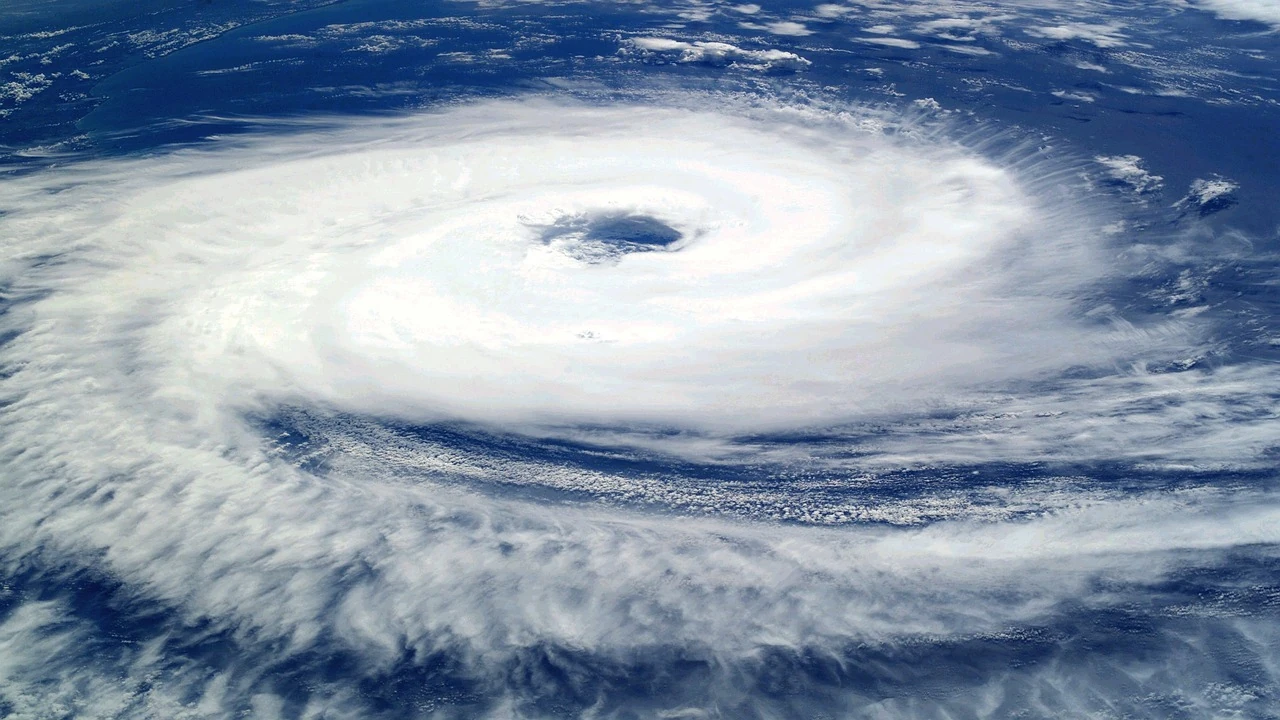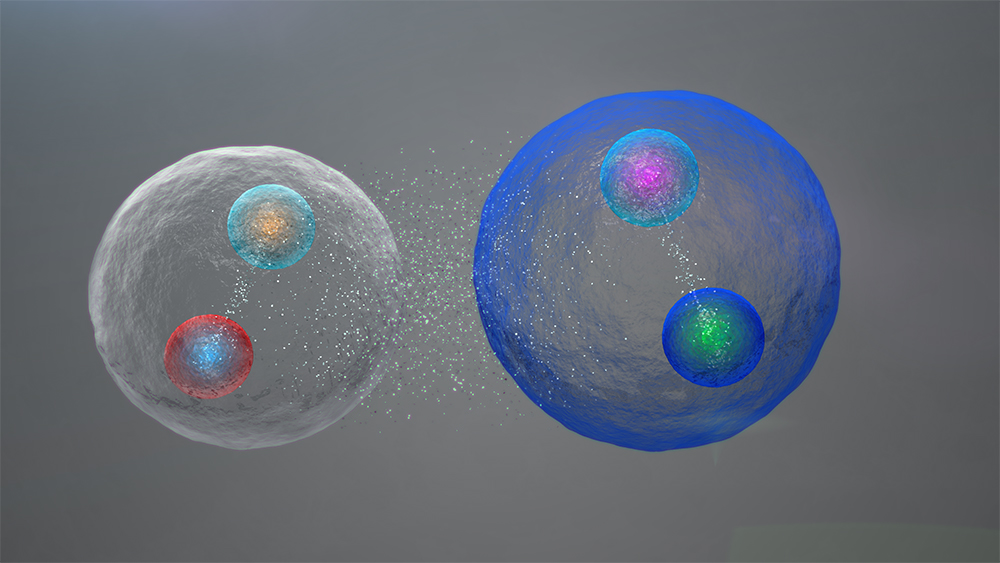Have you ever wondered why each cyclone has a name? It’s because we want to remember them. Let’s learn how the naming process has changed over time!
A long time ago, cyclones were given random names, sometimes based on important events. But in 1887, a meteorologist named Clement Wragge from Australia had a good idea. He started naming cyclones after famous politicians.
Then, in the 1950s, cyclones began to be named after women. You may wonder, why? Ships then were often called “she” and given women’s names therefore, cyclones started being named after women. Later, in 1979, they started using male names too.
Nowadays, tropical storms get their names from special centers. These names stay the same from the beginning to the end of the cyclones. This helps people understand and share information about the storms. It also avoids confusion when many storms are happening at the same time.
The names are chosen based on the wind speed during the storms. The rules for naming storms can be different depending on where they form. For example, even weak cyclones get names in the Western Pacific. But in the Southern Hemisphere, cyclones need to have strong winds in the middle to get a name. These rules make sure the naming is fair and consistent.
Do you know who decides these names? It’s the World Meteorological Organization (WMO). They keep lists of names for each area where tropical cyclones happen.
Sometimes, a cyclone becomes famous or causes a lot of damage. When that happens, meteorologists make a special decision. They retire the name of that cyclone to show respect for the people who had to go through tough times. Then, when it’s time to use the name again, they choose a new one.
So, the next time you hear a cyclone’s name, remember the unique journey it took to get that name.





Leave a Reply